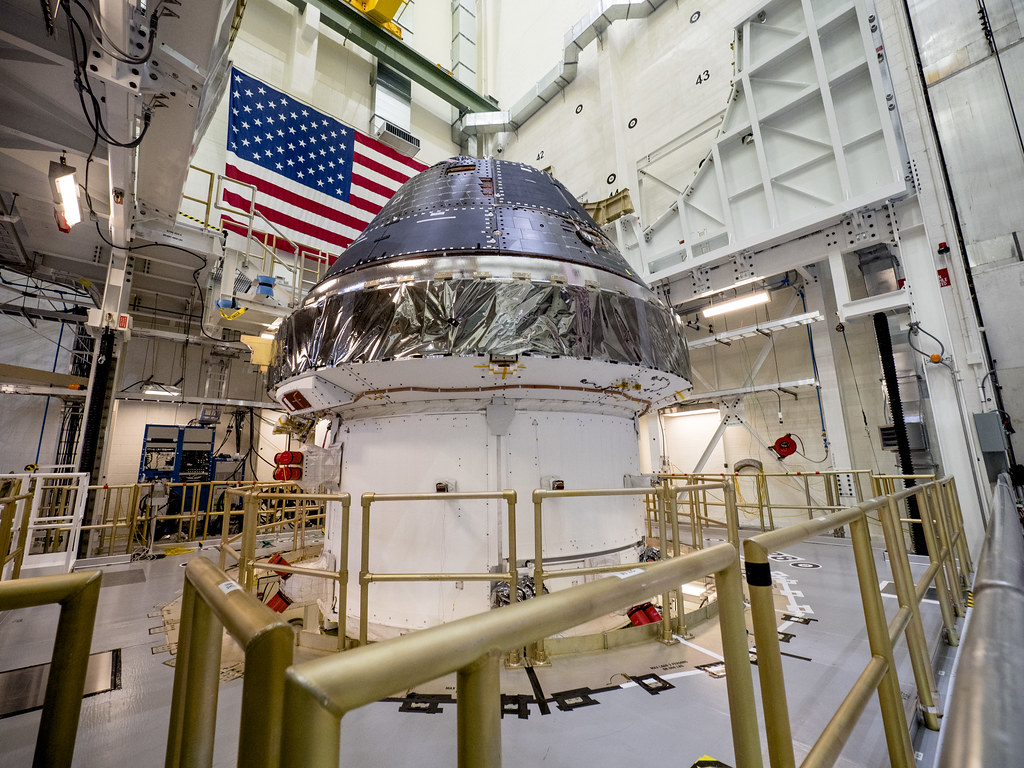OPINION: The cost of Artemis I is unacceptable

The widely anticipated launch of NASA’s moon-orbiting mission, Artemis I, has been rescheduled to Nov. 14 after multiple setbacks, but it is exceedingly over budget.
The extensive cost of this program is unsustainable and concerning. Space exploration in general is a wise investment, however, in light of environmental issues, funds shouldn’t be dumped into projects such as this one.
In 2012 when the Space Launch System, which launched Artemis I, was announced, the launch was estimated to cost around $500 million. However, the current cost skyrocketed to $4.1 billion per launch, going billions of dollars over budget, according to a 2022 report done by CNBC.
The price is “unsustainable,” NASA Inspector General Paul Martin said at a March 1 meeting of the House Subcommittee on Space and Aeronautics. “Unsustainable” can also be used to describe the current environmental state of the planet.
Even Lori Garver, former deputy NASA administrator, vehemently opposes the mission and agreed that taking care of the environment takes priority over space exploration.
“The impossible problem today is not the moon. And it’s not Mars. It’s our home planet,” Garver said in a July 2019 interview with The Washington Post.
Garver emphasized that while the first moon landing was a major accomplishment in the space race against the Soviet Union, there is no current race or pressure for the U.S. to spend so much money to return to the moon.
While the climate worsens on Earth, billionaires like Elon Musk make ambitious goals to spread humanity to other planets. For a decade, Musk has been advertising his plan of settling a colony on Mars.
Millions of people needed for Mars colony, so 80k+ would just be the number moving to Mars per year http://t.co/rwMuzVEK
— Elon Musk (@elonmusk) November 27, 2012
Investing billions into space exploration reaps its benefits. We should be equally passionate about investing in our home.
The USF Society of Aeronautics and Rocketry (SOAR) is a place where people with a passion for aeronautics, rocketry and engineering come together and design, build and launch rockets. The club will be completing its first NASA Student Launch Rocket this year, according to President Frank Alvarez.
All e-board members of SOAR seem to agree on one thing: space exploration and caring for our planet are not mutually exclusive.
“I don’t think Earth’s problems should be disregarded, but they shouldn’t stop humans from exploring outer space,” Juan Penaranda, SOAR chief of operations, said.
The research that was developed during the space race has contributed to scientific inventions that benefit us today, and technological advancements that space exploration would bring to society would be life changing, Penaranda said.
There is a middle ground between space exploration and environmental protection, and Artemis I is not that.
Collecting resources from extraterrestrial bodies can help environmental strain from mining, and reveal abundant materials that are not available to us, according to Enrique Hernandez, SOAR chief of finance.
It is a fact that Artemis I is not a cost-effective investment, but it can serve as an eye-opener to the need to pay attention to perilous issues that affect Earth.






